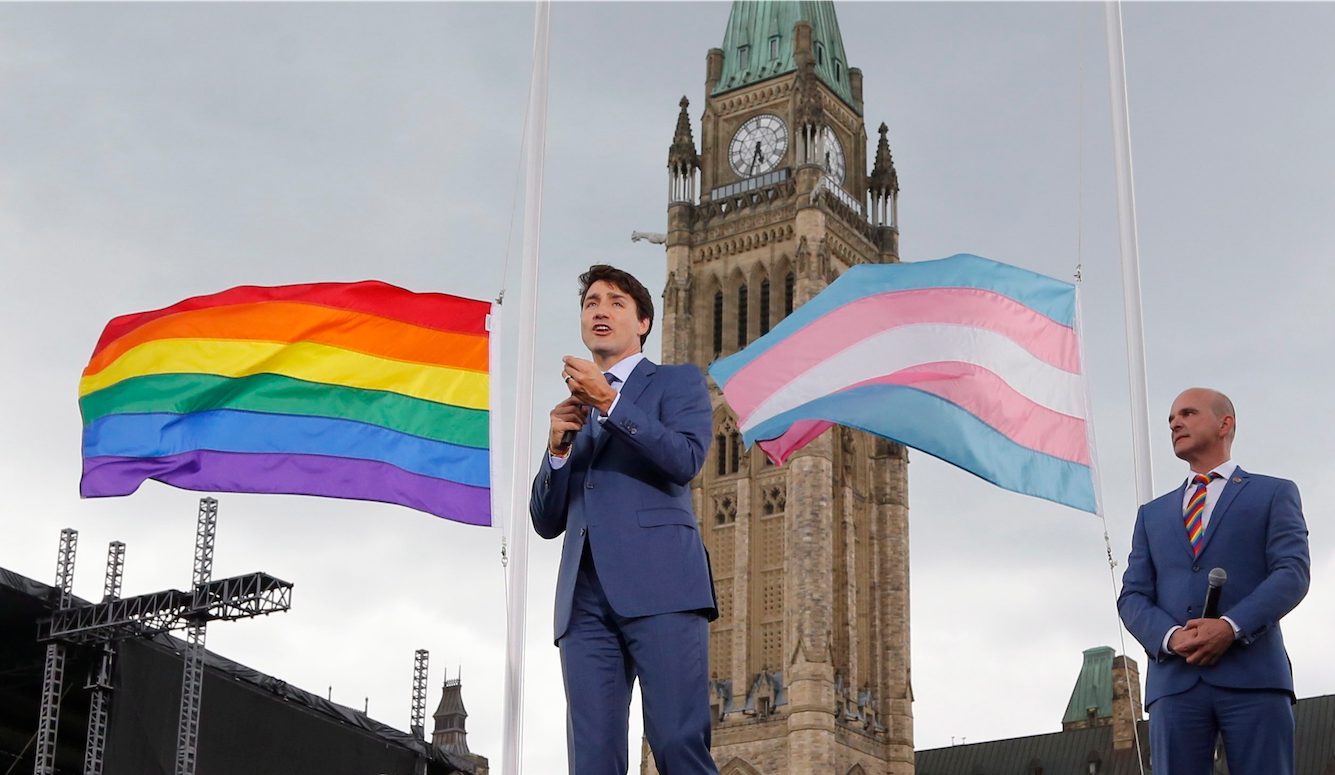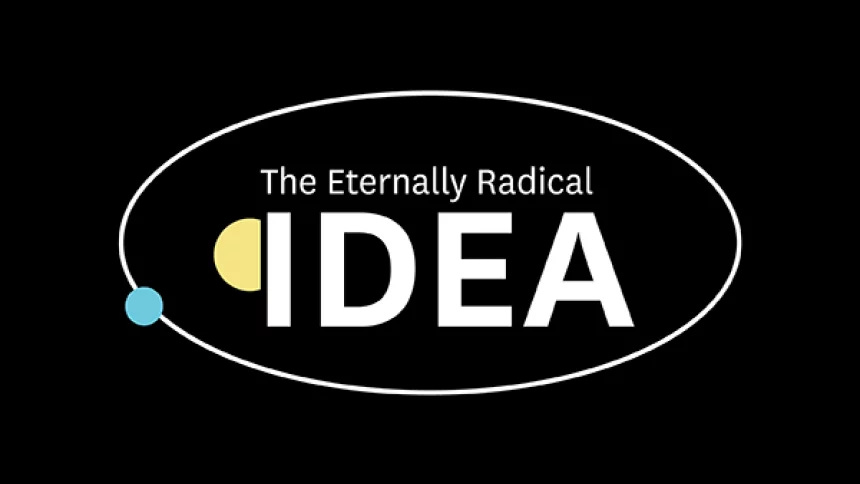America’s road to healthier political discourse starts on campus
For FAIR’s Substack, Jessica Carpenter writes about how understanding the arguments of people who think differently from us allows us to better understand and refine our own beliefs, and gives us the opportunity to identify points of common ground.
Colleges and universities are designed to produce critical thinkers who can tackle society’s most difficult problems. But when students are not exchanging ideas with one another on campus, they are being deprived of the opportunity to acquire the skills they will need to turn their ideas into effective solutions in the real world. Public discourse, community relationships, and policymaking all rely on our ability to engage each other constructively. If college graduates are not equipped with these skills, our society will suffer for it.
College campuses are among the only places in society that act as microcosms of the United States as a whole. At state universities in particular, the student body is composed of young people from a diversity of backgrounds, income levels, races, genders, birthplaces, and cultures. Students are forced to figure out how to navigate these differences, but many of them realize that this diversity is not just something we should tolerate, it should be celebrated.
How a Massacre Changed My Perspective on Politics
For the Wisdom of Crowds, FAIR Advisor Shadi Hamid writes about the worst massacre in modern Egyptian history and how it changed his perspective on politics.
I tried to make sense of all of this, and it colored everything that came after, whether consciously or subconsciously. When your own family members show themselves to be capable of such bloodlust—bloodlust I hadn’t witnessed before—it forces you to think not only about fragility of politics, but also the fragility of simple human interaction, the ability to see the other as worthy of dignity even if we think their political ideas are genuinely terrible.
Americans agree on how to teach history more than we think
For NewsNation, FAIR Advisor Zaid Jilani writes about how it appears people across the political spectrum agree on how to teach history more than is often assumed, but they also tend to think the other side is more extreme than they actually are.
And it’s not clear whether agreements on questions in the survey mean that Americans can reach a consensus in actual debates at school boards or state legislatures, where the questions over curriculum may be over more niche issues than broad principles.
Still, the survey’s findings show that there is at least some consensus on the way we should be teaching American history.
Hawkins noted that while many people want to emphasize past wrongs and many people believe that lingering on past wrongs can prevent us from moving forward, there’s not necessarily a contradiction between these two beliefs.
When Trans Activism Becomes Government Policy
For Quillette, FAIR Advisor Jonathan Kay and Margaret Wente write about how even as other nations finally move to protect dysphoric youth from disfiguring treatments, Canadian politicians and educators continue to promote state-funded ‘gender journeys.’
There are many things to dislike about America’s deadlocked culture war. And nothing in this essay should be read as praise for some of the heavy-handed legislative methods being used to block all forms of therapy for trans-identified children in Republican-controlled states—which amounts to its own kind of extremism. Gender dysphoria is a real, if relatively rare, condition. And in some cases, those afflicted by persistent and severe cases really can benefit from transition therapies.
But at least America’s combative political culture ensures that neither side can pursue radicalized policies that go unchecked on a national level. Canada’s wholesale acceptance of trans-activist demands offers a case study of what happens when one side is permitted to completely capture the commanding heights of social policy without any real political opposition.
Why civility should not trump free expression: Part 10 of answers to bad arguments against free speech
For FIRE News, Greg Lukianoff and Nadine Strossen discuss why civility should not trump free expression.
Given the inherent vagueness of the concept of “civility,” and the resulting discretion it vests in enforcing authorities, the enforcement will be at best arbitrary and unpredictable, and at worst discriminatory, targeting disfavored speakers or ideas. Consistent with historic patterns, authorities are likely to enforce any such discretionary standard in accordance with their own subjective values, or those of powerful interest groups. It was no coincidence that Paul Cohen’s allegedly “offensive” language, which purportedly “disturbed the peace” of onlookers, conveyed a controversial, critical view about the government’s Vietnam War policies. In today’s context, any civility code would no doubt be enforced against people who are protesting current government policies and actions, ranging from police practices to pandemic measures. Similarly, campus officials would likely enforce such codes against critics of their policies. On all sides of controversial issues, individuals with strong views are unlikely to confine their communications to those that other people, including officials, consider civil – nor should they be required to do so.
FAIR News Podcast
For audio versions of our FAIR News and FAIR Weekly Roundup newsletters, subscribe and listen to FAIR News Weekly on Apple Podcasts, Spotify, Google Podcasts, or via RSS feed.
Join the FAIR Community
Join us, and become a member of FAIR.
Become a FAIR volunteer, or join a FAIR chapter.
Take the Pro-Human Pledge and help promote a common culture based on fairness, understanding, and humanity.
Sign-up for a Welcome to FAIR Zoom information session to learn more about our mission.
Share your reviews and incident reports on our FAIR Transparency website.











"We have all seen widely circulated videotapes of students boisterously interrupting remarks by speakers and university officials by shouting out insults, including vulgar and profane epithets. Could these students effectively convey their strongly held views through language that is constrained to be civil either in its content or its manner of delivery?"
Let's borrow from the other side and look at the impact of the speech instead of its intent. What if the shouted vulgar epithets shut down the speaker? Explain why this isn't just a highfalutin endorsement of the hecklers' veto.
I think it's naive to believe that college campuses are going to bring back free speech. They've made it clear that ideological purity is the MO on campuses across the country.